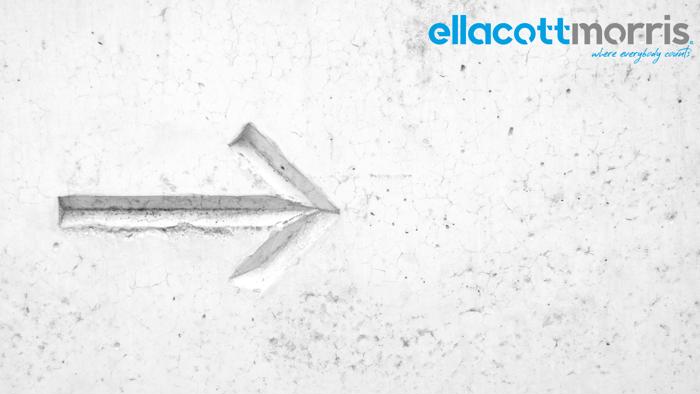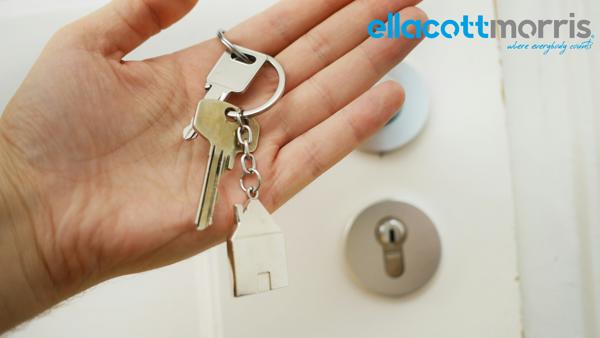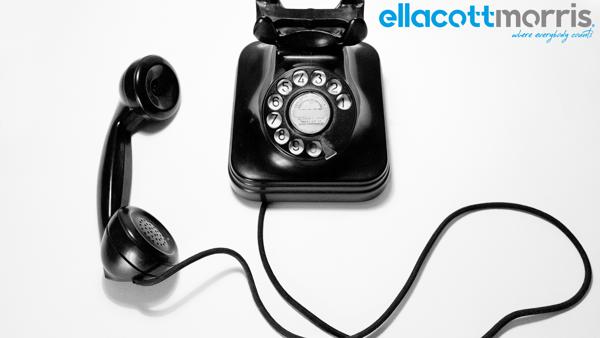
If you choose to become a sole trader, you are your business. Your business isn’t a separate entity; therefore, any debts that relate to your business are your debts.
A sole trader arrangement is usually associated with ‘one-man (or woman) bands’ who work independently to offer their products/services.
There are lots of benefits to working in this way… Such as lower accountancy fees, less paperwork and added flexibility, to name but a few.
As a sole trader, you don’t need to have a business bank account, but it can be helpful to keep finances separate, and it’s often deemed more professional. We recommend opening an online bank account. They are quick and easy to set up, compatible with most software systems and, best of all – they’re often free from business banking charges.
If you work from home, you can claim certain household expenses as business costs. We can advise what you can claim whether you work from your spare room or have built bespoke offices in your garden.
It’s worth noting that any losses can be offset against employment income to help reduce your tax bill.
As a sole trader, you will still need to register with HMRC and submit annual self-assessment tax returns via the HMRC Gateway or your accountant…
Any tax due will need to be paid by the 31st of January following the end of the tax year you’ve just filed. However, if your total liability is over £1,000, you will also be asked to pay half again towards next year’s tax at the same time and a further 50% in the following July. This is called ‘Payment on Account’ and can dramatically impact your cash flow, which is why we recommend that you prepare for this possibility in advance and then complete and file your tax return as soon after April 5th as possible.
Based on the tax year 2023/2024, if you’re operating under a self-employed sole trader status, you’re entitled to offset your £12,570 personal allowance from your taxable profit.
Your National Insurance (NI) contributions would be calculated separately from your tax but make up part of your overall self-assessment tax return. You will need to pay both Class 2 and Class 4 NI.
The amount of tax you need to pay will be dependent on the profit you make during the tax year. After your personal allowance, up to £37,000 in profit will be taxable at the Basic Rate of 20%. Anything over that amount would be taxed at the Higher Rate of 40%.
It’s sensible to be prepared for your tax bill in advance – don’t let it sneak up and surprise you. We recommend that our clients operate a separate bank account where 15 – 25% of their income (if profits are less than £40k) is saved each month, in preparation for that bill from HMRC.






